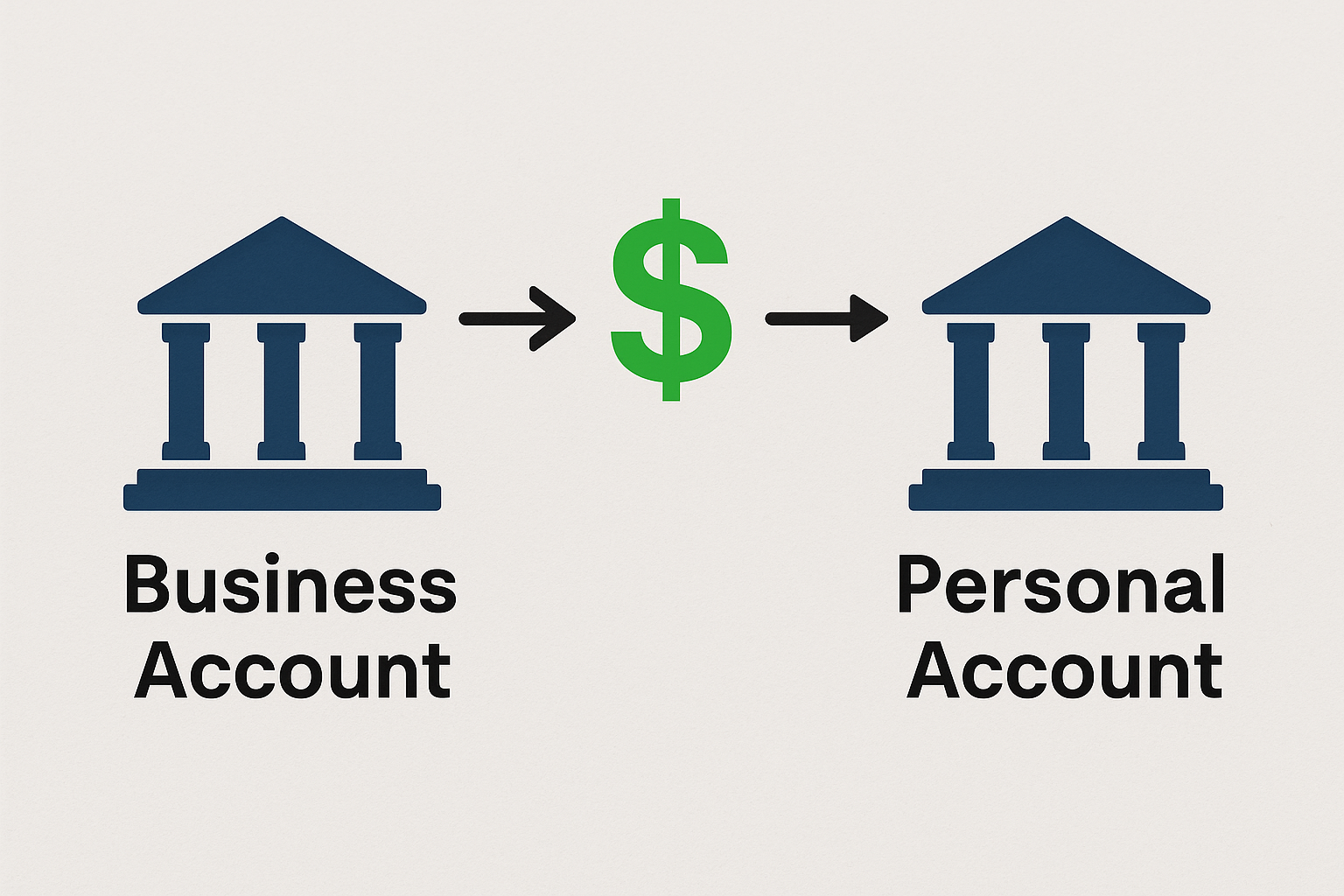LLC Beginner’s Guide
Want to Start a Legit Business in CT or CA?
We’re Helping some clients in both Connecticut and California start their own businesses and created a quick guide on everything LLC.
What’s an LLC ?
LLC = Limited Liability Company
It separates you from your business legally and financially. That means:
If your biz gets sued, your personal money, car, house = safe
You get to look more professional (banks, clients, vendors trust LLCs more)
It’s flexible and way easier than starting a corporation
Why Start an LLC?
Protects your personal assets
Easier taxes (you can choose how to be taxed)
Legit look for branding and contracts
Flexible ownership structure
Makes bookkeeping cleaner
Step-by-Step: How to Start an LLC
1. Pick a Business Name
It must be unique in your state.
Must end with “LLC” or “Limited Liability Company.”
Check availability:
CT: https://service.ct.gov/business/s/
CA: https://bizfileonline.sos.ca.gov/
2. Choose a Registered Agent
Required in both states.
Can be you, someone you know, or a registered agent service.
Must be 18+ and available during business hours at a physical address in-state (no PO Boxes).
3. File Your Formation Docs
🔹 Connecticut
File “Certificate of Organization” online.
Filing Fee: $120
File here: CT Business Center
🔹 California
File “Articles of Organization – LLC Form LLC-1” online or by mail.
Filing Fee: $70
File online: CA bizfile
4. Create an Operating Agreement
Required in CA, not legally required in CT but highly recommended in both.
Outlines roles, ownership, how money gets handled, etc.
You can DIY it or use a free template.
5. Get an EIN (Free)
Apply through the IRS: Apply for EIN
Needed to open a bank account and file taxes.
6. Register for State Taxes
🔹 Connecticut
If you sell goods or have employees: register for a Sales & Use Tax Permit at myconneCT.
Permit Fee: $100
🔹 California
Register for a Seller’s Permit if selling goods: CDTFA
Also check if you need to register with the EDD if you’ll have employees.
7. Pay Annual Fees
🔹 CT Annual Report
Due each year by March 31
Cost: $80
File here: CT Business Center
🔹 CA Franchise Tax
Flat fee: $800/year (due even if you make no money)
First payment due by the 15th day of the 4th month after forming (unless waived under first-year exemption for certain new LLCs).
Annual Report = Statement of Information (Form LLC-12) due every 2 years ($20)
8. Open a Business Bank Account
Use your EIN and formation documents
Keeps business and personal money separate (this protects your liability shield)
9. Track Your Money
Use:
QuickBooks, Wave, Google Sheets, or a bookkeeper
Save 25–30% of profits for taxes
How to Pay Yourself from an LLC
➤ Single-Member LLC (CT & CA):
You don’t get a paycheck — you do an owner’s draw (transfer money to your personal account).
You pay self-employment taxes on the profits.
➤ Multi-Member LLC:
Profits are divided based on your Operating Agreement.
➤ Elect S-Corp (optional if profitable):
Once you earn over ~$50K in net profit, you can elect to be taxed as an S-Corp to save on self-employment taxes.
You’ll need to:
Pay yourself a reasonable salary
File quarterly payroll
File IRS Form 2553
Extra Notes: Running Your LLC Right
Use your business name on everything
Never mix personal and business money
Track all income + expenses
Keep up with renewals (CA’s $800, CT’s $80)



